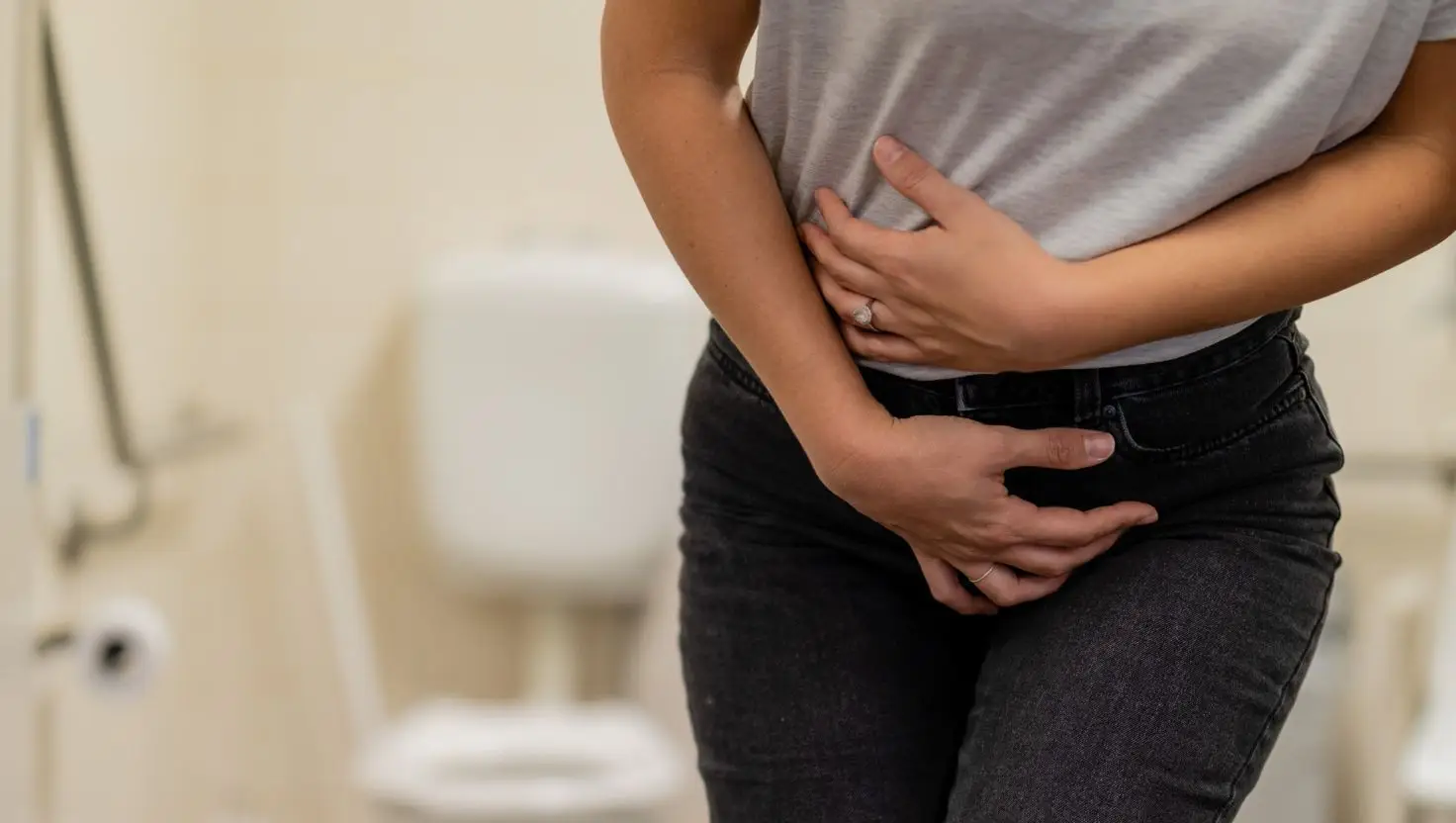
Having sex on the regular has a myriad of health-boosting benefits, including improving your immune system, decreasing depression and potentially affording better sleep at night.
But did you know the act can also prevent a prevalent health issue affecting millions of UK residents?
There is no ‘normal’ or ‘right’ amount of sex an individual should be having on a weekly, monthly or even yearly basis.
This is because a plethora of factors can significantly influence how often you’re doing the deed, such as age-related health issues, relationship goals, and even your faith can play a major part.
Advert
However, according to Forhims, couples have sex 53 times per year on average, which works out at just over one time per week.
Getting intimate with your SO can bring you closer together - but did you know it could also help ease your urinary incontinence?

What is urinary incontinence?
Age UK reported earlier this year that three million people in the UK experience urinary incontinence - the loss of bladder control.
While some will experience the odd leak while coughing or sneezing, others will be subjected to an uncontrollable urge to pee, which can cause feelings of both extreme distress and embarrassment.
While urinary incontinence can affect anybody at any age, it’s more likely to manifest in women during pregnancy, after childbirth, or after the hormonal changes of menopause, as per Johns Hopkins Medicine.
Dr Susan Loeb-Zeitlin, a gynaecologist at New York-Presbyterian and the director of the Women’s Midlife Centre at Weill Cornell Medicine, told the New York Post that the bladder issue frequently affects women post-menopause because the bladder is ‘connected to the vagina’.
“You can get a lot of urinary symptoms, including the urgency and frequency of urination,” she explained.
How sex can help urinary incontinence
Loeb-Zeitlin has said the decline in oestrogen can also weaken the pelvic floor, muscles that help support the bladder.
However, if you build these muscles up, then you may be able to ease urinary incontinence and get back to a normal life.
According to Leslie Kenny, founder of Oxford Healthspan, women can do this by having sex and experiencing more orgasms.
“Orgasms in women strengthen pelvic floor muscles through rhythmic contractions, which help reduce urinary incontinence and promote reproductive health,” she told the Post.
“Basically, these contractions from orgasms boost pelvic floor function.”

She also claimed that having sex without a condom has additional benefits, as it may allow women to absorb spermidine from their partner.
Spermidine, also found in grapefruit, is a natural polyamine that stimulates cytoprotective macroautophagy/autophagy, according to the National Institutes of Health (NIH).
It can ensure the stability and integrity of body fluids, while also helping with the integrity of the vaginal lining, according to Kenny.
“And again, this is a problem for post-menopausal women because there’s so much dryness that the walls lose their integrity,” she added.
Other methods to reduce urinary incontinence
If you’re not having sex with someone with a penis, then you can increase your spermidine intake through eating food and taking necessary supplements.
Both plant and animal-based foods are excellent sources of spermidine and related polyamine compounds, according to Purovitalis.
These include: green tea, soybeans, mushrooms, green peas, beef, livers of bulls and cows, potatoes, and green peppers, among others.
If you also want to improve your pelvic floor but don’t necessarily want to have sex, then Kenny recommends using red light wands.
These can strengthen the pelvic floor with a combination of thermal heat, vibration, and the light from red and infrared LEDs, the expert said.
Topics: Sex and Relationships, Health, Women's Health, Menopause, Advice
